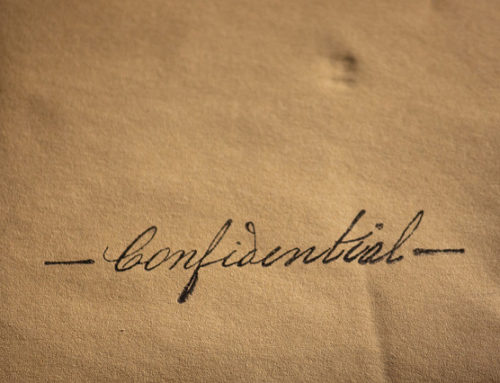 The 2017 NFL season will go down in sports history books for its controversy resulting from the trend of players kneeling during the national anthem, in protest against police brutality. The trend has not only stirred up a great deal of controversy, but misguided statements about the legal rights at issue. A simple search on Twitter can reveal tweet after tweet about the purported constitutional right to kneel—a right that simply does not exist.
The 2017 NFL season will go down in sports history books for its controversy resulting from the trend of players kneeling during the national anthem, in protest against police brutality. The trend has not only stirred up a great deal of controversy, but misguided statements about the legal rights at issue. A simple search on Twitter can reveal tweet after tweet about the purported constitutional right to kneel—a right that simply does not exist.
The First Amendment of the U.S. Constitution states in relevant part that “Congress shall make no law . . . abridging the freedom of speech.” The “free speech” clause was incorporated to the States through the Fourteenth Amendment, as outlined in Gitlow v. New York, 268 U.S. 652 (1925). This means that the “right” to free speech protects individuals from government action that abridges the individuals’ free speech rights, not from the action of private actors.
To that end, the question of whether NFL teams can prevent their players from “taking the knee” is dictated by contract law, not constitutional law. More specifically, NFL players’ “rights” are governed by their own individual contracts and the collective bargaining agreement between the players’ union and the league. It remains to be seen whether the question of what, if any, action can be taken against kneeling players will be answered this football season. But at least the controversy has provided an opportunity for healthy debate on issues like racial reconciliation, and on a lighter note, some basic U.S. Constitution review.
*Photo credit: pexels.com
The information contained on this blog is not legal advice, nor does this blog create an attorney-client relationship. Klein Bussell attorneys do not blog about pending matters handled on behalf of our clients and will never disclose client confidences.
The information contained in this blog does not constitute legal advice, nor does this blog create an attorney-client relationship. KSM attorneys do not blog about pending matters handled on behalf of our clients and will never disclose client confidences.





